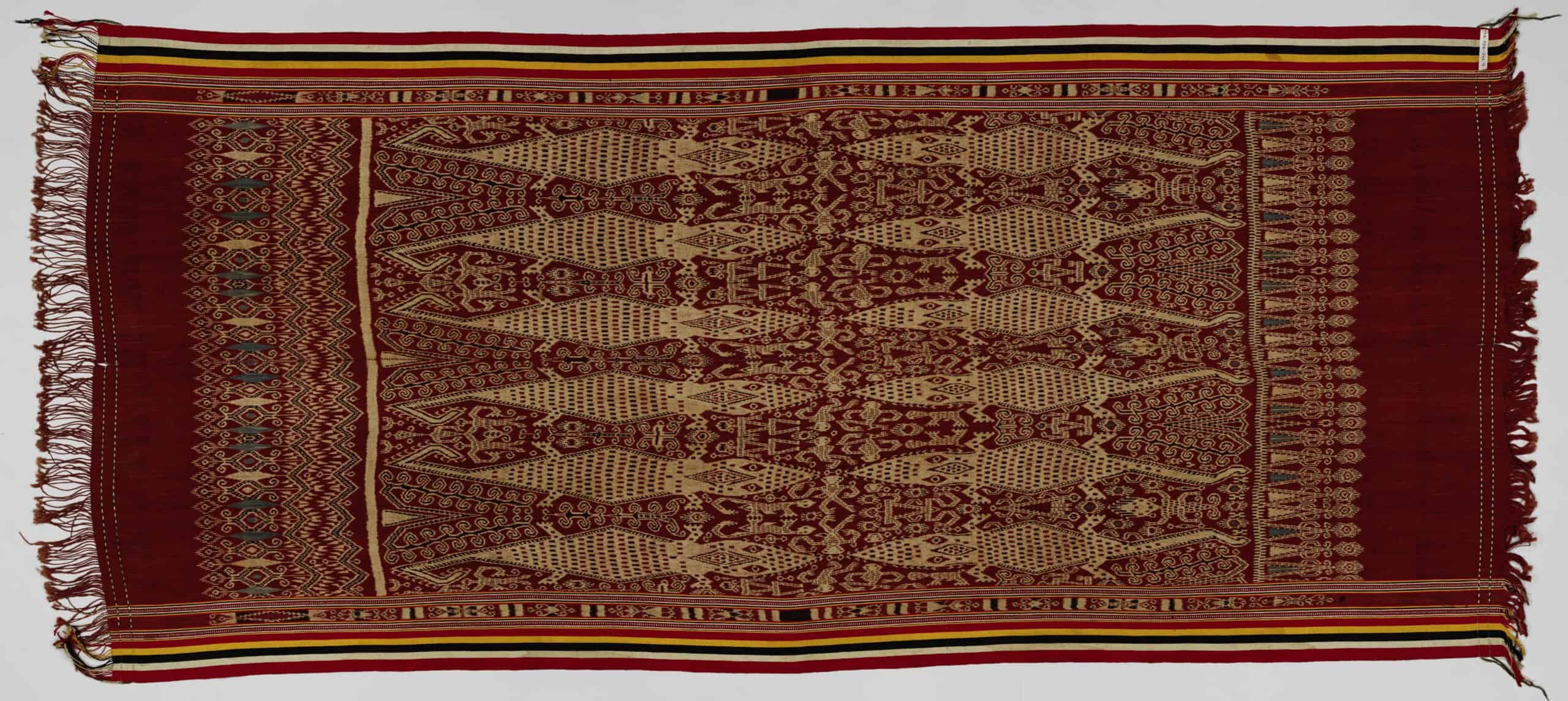History is often shaped by the voices that tell its stories, but not all influential historians are household names. While many are familiar with figures like Herodotus or Thucydides, there are lesser-known historians whose work has quietly yet powerfully altered our understanding of the past. These individuals, through their unique perspectives and meticulous research, have uncovered new truths, challenged established narratives, and enriched our collective knowledge of history. In exploring their contributions, we gain a deeper appreciation for the complexities of the historical record and the diverse voices that have shaped it.
Ibn Khaldun (1332–1406)
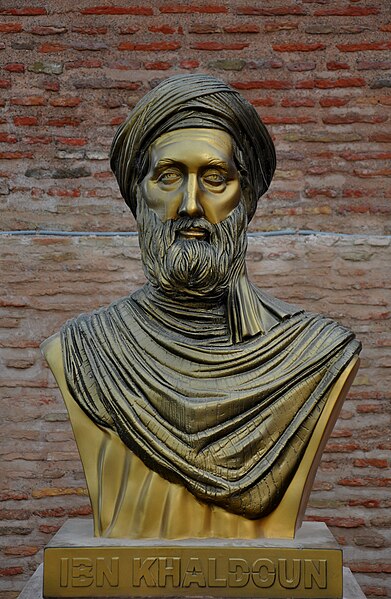
Ibn Khaldun was a North African historian who is often credited with laying the foundations for modern sociology and historiography. His seminal work, The Muqaddimah, introduced the concept of social cycles and the idea that history is driven by the rise and fall of civilizations. Unlike many of his contemporaries, Ibn Khaldun emphasized the importance of economic and social factors in historical analysis. His insights into the dynamics of power and society have profoundly influenced both Islamic and Western historical thought. Today, he is regarded as a pioneer in understanding the underlying forces that shape historical events.
Anna Comnena (1083–1153)
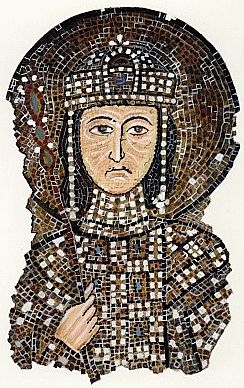
Anna Comnena, a Byzantine princess, was one of the first female historians in the Western world. Her work, The Alexiad, provides a detailed account of the reign of her father, Emperor Alexios I Komnenos. Written with a unique perspective, it offers invaluable insights into the political and military strategies of the Byzantine Empire during the First Crusade. Comnena’s narrative is also notable for its analysis of gender and power, making her work a precursor to modern feminist historiography. Though often overshadowed by her male counterparts, her contributions have significantly enriched our understanding of Byzantine history.
Sima Qian (c. 145–86 BCE)
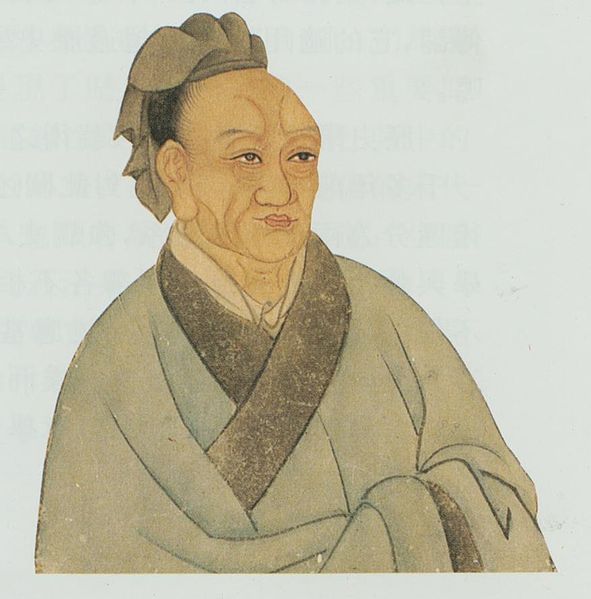
Sima Qian, a Chinese historian of the Han dynasty, is often hailed as the father of Chinese historiography. His magnum opus, Records of the Grand Historian, is a comprehensive history of China from its legendary beginnings to his contemporary era. Sima Qian introduced a biographical approach to history, focusing on the lives and deeds of important figures, which was revolutionary for its time. Despite being punished for his outspoken views, he completed his work, which has served as a model for Chinese historical writing for centuries. His dedication to preserving the truth, even at great personal cost, set a high standard for future historians.
Ibn Battuta (1304–1369)
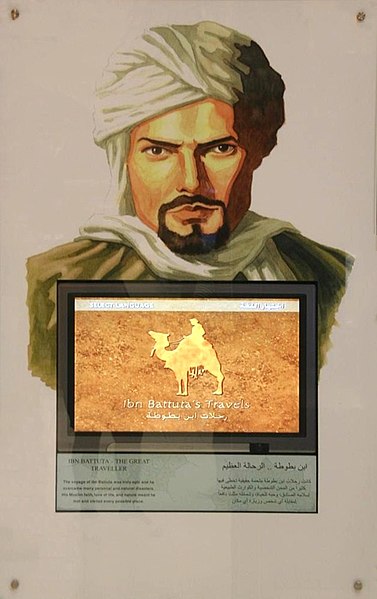
Ibn Battuta, a Moroccan scholar and traveler, is best known for his extensive journeys across the Islamic world and beyond, which he documented in his travelogue, Rihla. His accounts provide detailed descriptions of the cultures, economies, and societies he encountered, offering a rare glimpse into the 14th-century world. Unlike many historians who relied on secondhand sources, Ibn Battuta’s firsthand observations have made his work an invaluable resource for understanding the medieval period. His travel writings also highlight the interconnectedness of different regions long before the modern era of globalization. Today, he is celebrated as one of the most important sources on the Islamic world and its global interactions during the Middle Ages.
Bede (c. 673–735)
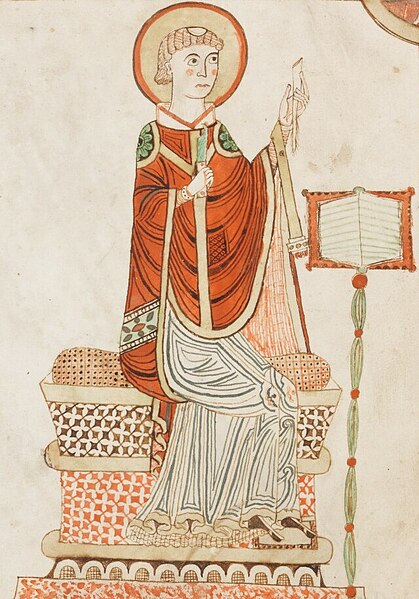
Known as the “Father of English History,” Bede was a monk and scholar whose work Ecclesiastical History of the English People remains a crucial source for early English history. His meticulous record-keeping and careful chronology set new standards for historical writing in the early medieval period. Bede’s approach combined religious interpretation with historical events, offering a comprehensive view of the spread of Christianity in England. His influence extended beyond his lifetime, shaping the way history was written in the medieval West. Bede’s work has been instrumental in our understanding of early medieval Europe and the development of the English church.
Josephus (37–c. 100 CE)
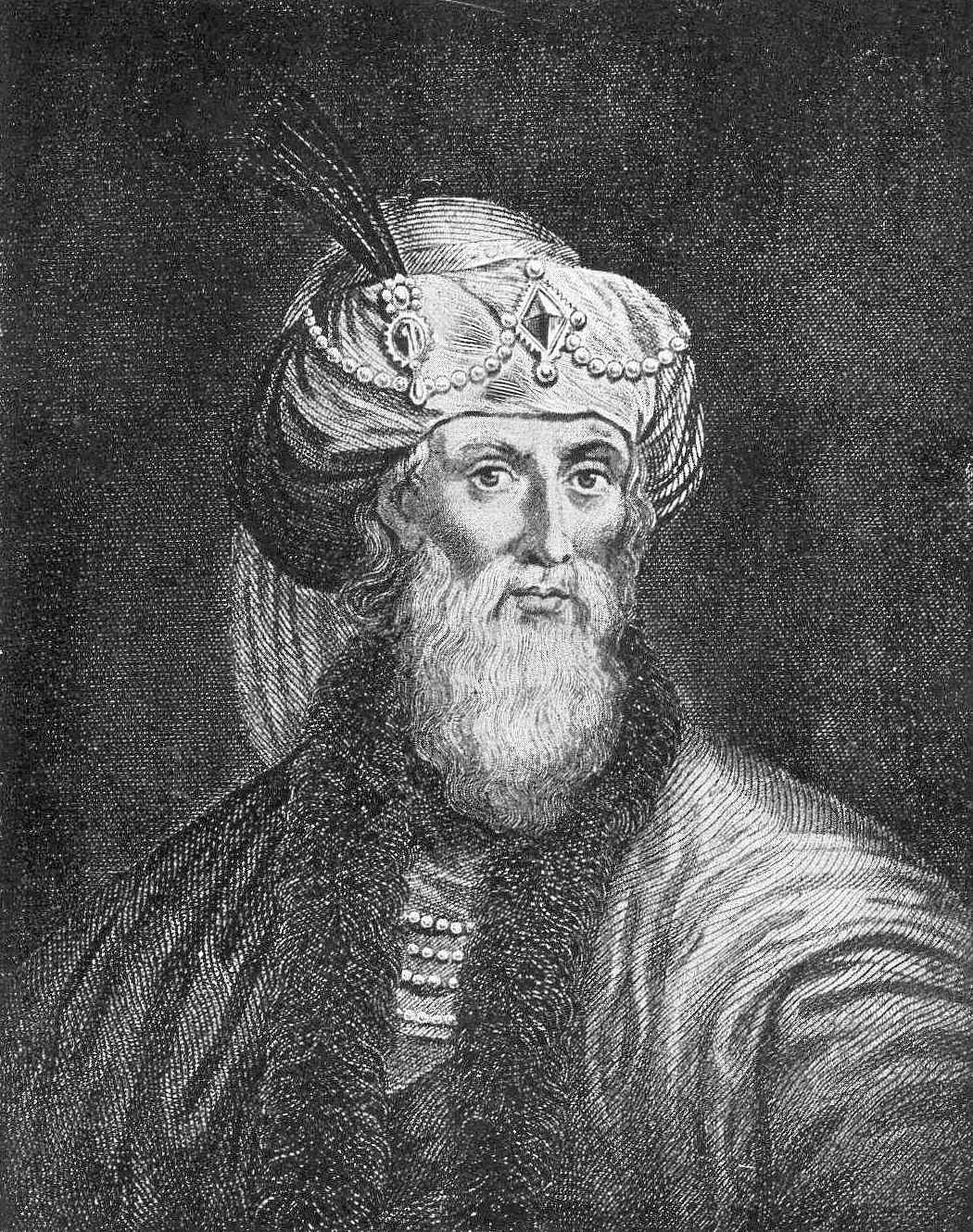
Flavius Josephus was a Jewish historian whose works provide a critical perspective on the history of Judaism and the early Roman Empire. His most famous works, The Jewish War and Antiquities of the Jews, offer detailed accounts of Jewish history, culture, and the Roman siege of Jerusalem. Josephus’s writings are among the few sources that provide insight into Jewish history from a Jewish perspective during a time when Roman sources dominated. Despite controversies over his alignment with the Romans, his works have been invaluable in understanding the historical context of early Christianity and Judaism. His narratives continue to be essential references for scholars of ancient history.
Herodotus (c. 484–425 BCE)
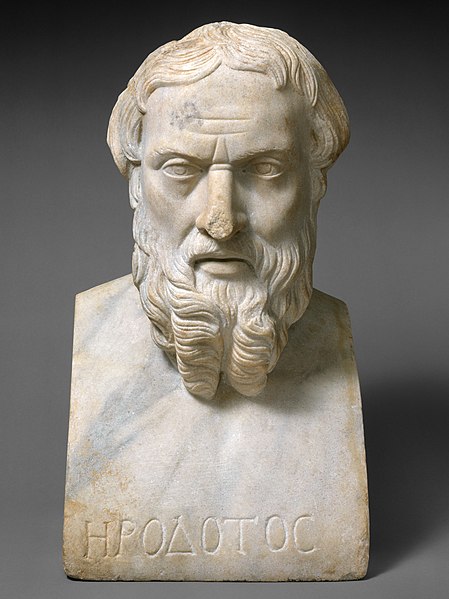
Often called the “Father of History,” Herodotus was a Greek historian who pioneered the method of systematic investigation of historical events. His work, Histories, covers the Greco-Persian Wars and provides extensive ethnographic details on the peoples and places of the ancient world. Herodotus was among the first to collect oral histories and cross-check sources, laying the groundwork for modern historical methodology. Despite criticisms for his occasional inaccuracies, his efforts to understand the motivations and cultures behind historical events were groundbreaking. Herodotus’s work remains a foundational text in the study of ancient history.
Polybius (c. 200–118 BCE)
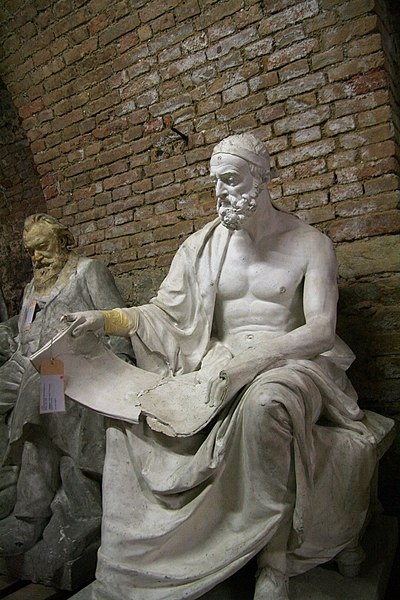
Polybius, a Greek historian of the Hellenistic period, is best known for his work The Histories, which covers the rise of the Roman Republic and its domination of the Mediterranean world. Unlike his predecessors, Polybius emphasized the importance of eyewitness accounts and practical experience in historical writing. His analysis of the Roman political system and military strategies has been highly influential, offering insights that remain relevant in the study of classical civilizations. Polybius’s work provided a detailed account of how Rome rose to power, contributing significantly to our understanding of Roman history. His influence can be seen in the works of later historians, including the Roman historian Livy.
Thucydides (c. 460–c. 395 BCE)
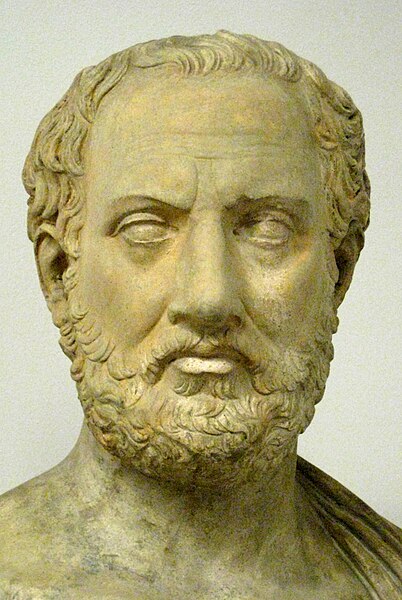
Thucydides, an Athenian historian, is most famous for his account of the Peloponnesian War in his work History of the Peloponnesian War. Unlike Herodotus, Thucydides took a more analytical approach, focusing on cause and effect and the human behaviors that drive historical events. His emphasis on accuracy, critical analysis, and the rejection of myth and legend in favor of factual reporting set new standards in historical writing. Thucydides’s work has influenced not only historians but also political scientists and military strategists, who continue to study his analysis of power and conflict. His methodology has made him a pivotal figure in the development of historical inquiry.
Tacitus (c. 56–c. 120 CE)
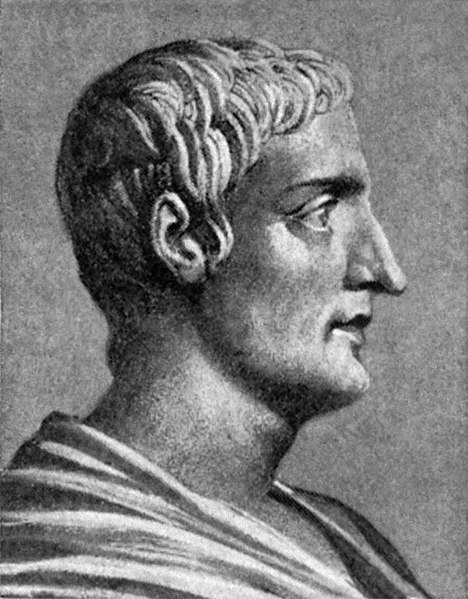
Tacitus was a Roman historian whose works, including The Annals and The Histories, provide a detailed examination of the Roman Empire’s political and social dynamics. Known for his concise and often biting prose, Tacitus offered a critical perspective on the corruption and moral decay he observed in Roman society. His accounts of the reigns of emperors like Nero and Tiberius remain some of the most important sources for understanding the early Roman Empire. Tacitus’s emphasis on the darker aspects of human nature and the dangers of absolute power has left a lasting impact on historical writing. His work continues to be studied for its insights into the complexities of power and governance.
Shen Kuo (1031–1095)
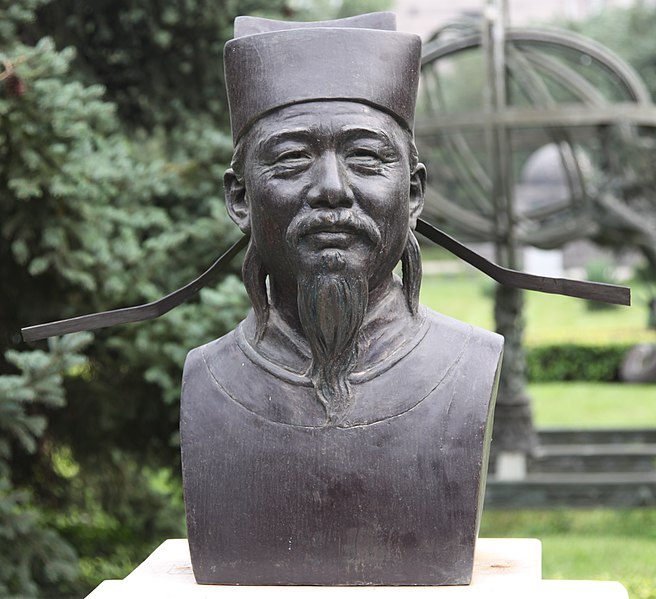
Shen Kuo was a Chinese polymath and historian whose work, Dream Pool Essays, offers insights into various aspects of Song Dynasty China, including science, technology, and geography. His historical writings also include an analysis of historical events, particularly the rise and fall of previous dynasties, offering a critical perspective on governance and power. Shen Kuo’s interdisciplinary approach combined history with science and philosophy, making his work unique in the annals of Chinese historiography. His observations on natural phenomena and innovations in science were ahead of their time, influencing later developments in Chinese and global history. Shen Kuo remains a significant, though often overlooked, figure in the history of science and history writing.
Livy (c. 59 BCE–17 CE)
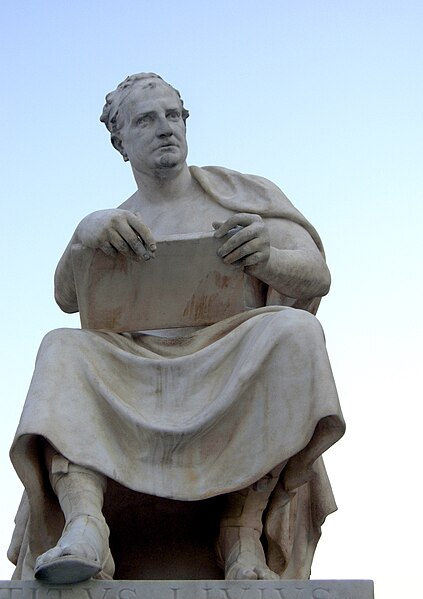
Livy, a Roman historian, is best known for his monumental work Ab Urbe Condita, a history of Rome from its legendary foundation to his own time. Livy’s narrative style, blending myth and history, was designed not only to inform but also to inspire moral reflection among his readers. His focus on Rome’s early legends and the moral lessons they conveyed had a profound impact on Roman culture and later Western historiography. Despite criticisms for his occasional reliance on myth, Livy’s work has been a crucial source for understanding Rome’s development from a small city-state to a dominant empire. His histories have shaped the way subsequent generations have viewed Rome’s past, making Livy a cornerstone of classical literature.
This article originally appeared on Rarest.org.
More From Rarest.Org
Textile art practices around the world are as diverse as the cultures that create them. Some are ancient, passed down through generations, while others are unique to specific regions or communities. Read more.
14 Legendary Animals from Myth and Folklore

Legends and folklore have long captivated our imaginations with tales of extraordinary creatures. These legendary animals are more than just myths; they embody the fears, hopes, and wonders of ancient cultures. Read more.

